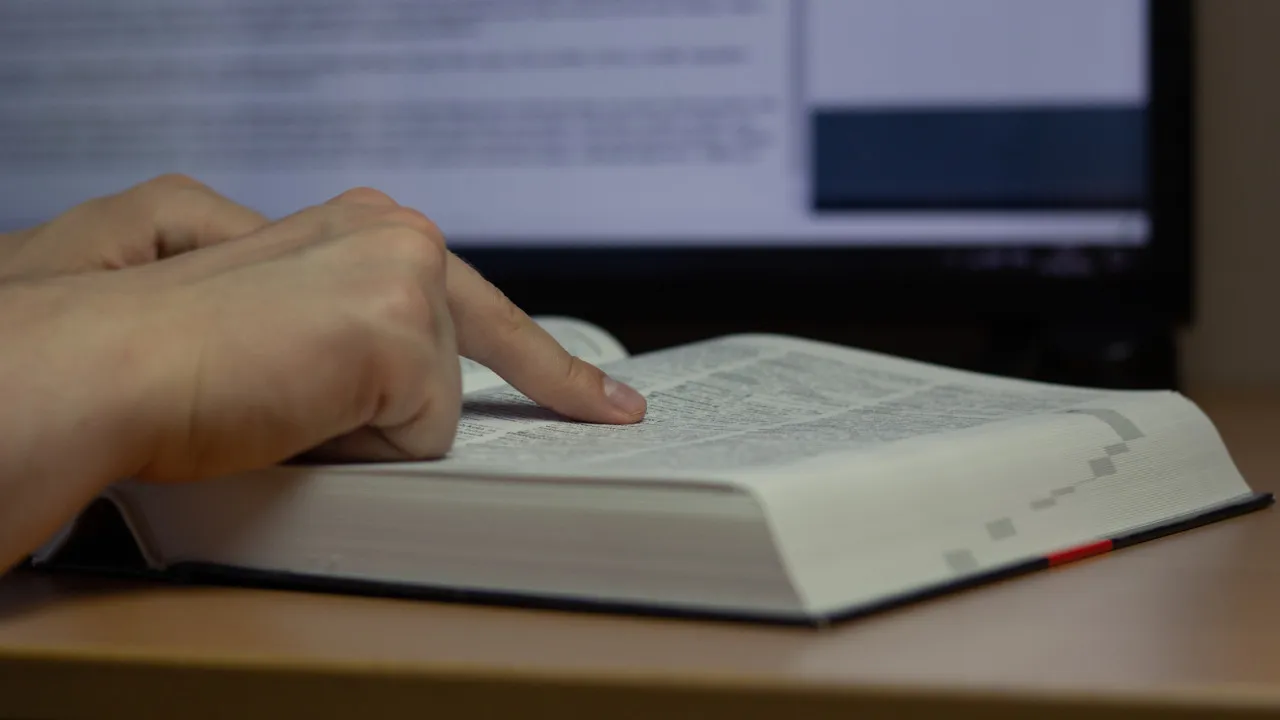
In January, in responses to Lusa, an official from the MMP had already indicated this outcome, noting that a new classification effort would require a new procedure substantiated by evidence.
In an announcement published today in the Diário da República and dated June 30, signed by the president of MMP, Alexandre Pais, it is stated that “based on the opinion of the Section of Museums, Conservation and Restoration, and Mobile Cultural Heritage, dated May 05, 2025, it is the intention of the MMP to file for the expiration of the phonographic work of José Afonso.”
Interested parties now have 30 days to express their opinions.
At the end of January this year, the MMP disclosed that the classification process of José Afonso’s phonographic work expired in September 2021, a year after it was initiated, because the then Directorate-General for Cultural Heritage (DGPC) did not extend the deadline.
The classification procedure initiated in 2020 received technical support from the National Sound Archive, led by anthropologist Pedro Félix, who explained to Lusa at the beginning of this year that “all efforts were made, even more than necessary,” to complete the process.
“We went to the utmost limits from a technical standpoint. There were many attempts, and information needed to be gathered that was not possible,” he said.
The announcement of the opening of the classification process, signed by the then deputy director-general of the DGPC, João Carlos Santos, was published in Diário da República on September 02, 2020, encompassing 30 phonograms by José Afonso, 18 digital copies of production masters, tapes recorded by the author, and recordings of interviews with the musician.
It is material “whose protection and enhancement represent cultural value significant to the nation,” the announcement read, with the aim of classifying, for the first time, a phonographic work as a “set of movable goods of national interest.”
In April 2021, the José Afonso Association requested that the Ministry of Culture “prioritize the conclusion” of the process at a time when José Afonso’s family announced the reissue of 11 albums by the musician, originally released between 1968 and 1981, which had been unavailable on the market for several years.
More than a year after the process was initiated, in November 2021, in a new status update requested by Lusa, the José Afonso Association stated that there had been “no forward step” in the Ministry of Culture regarding the classification.
In the same month, the DGPC told Lusa that “the verification work of the ‘masters’ and authentic copies” of the phonographic work had been completed and involved contacting “different identified owners” and “technical visits to verify the goods to be classified.”
In December 2023, in response to a new request from Lusa for an update on the process, the DGPC explained that “the expiration of the process does not apply as no delay” was reported.
The directorate-general also rejected any notion of an impasse in the classification process, justifying that it is “a particularly complex process, as it involves several holders, necessitating more time for its completion.”
However, it admitted that the speed of the process was compromised by “the lack of agreement among the different owners” of the phonographic works, which made the appraisal of the goods impossible.
At the end of 2023, due to a governmental decision concerning the restructuring of Cultural Heritage, the DGPC was dissolved, leading to the creation of two entities: the public institute Património Cultural and the public company Museums and Monuments of Portugal, which took over, in 2024, the dossier of José Afonso’s phonographic work classification process.
Upon evaluating the process, the MMP decided on its expiration.
Anthropologist Pedro Félix, leading the organizing committee of the National Sound Archive, opined that non-classification “does not invalidate the quality and merit of the work that is or is not classified. The purpose of classifications is to provide another layer of protection to a particular asset.”
For the anthropologist, there was “a certain diminution of the urgency of the process” because it is now possible to purchase José Afonso’s records, which have been re-released.
The decision to classify José Afonso’s work (1929-1987) came after, in 2019, the parliament passed a PCP resolution recommending the Government to classify it as of national interest, aiming at its reissue and dissemination.
Also, the José Afonso Association had gathered more than 11,000 signatures in a public petition calling for the same decision.
José Afonso’s family, who hold the rights to the musical work, had also shown support for the classification and recalled that they had been “collaborating directly with the Ministry of Culture since 2018” to develop the process.




